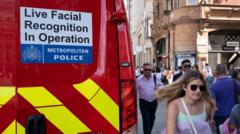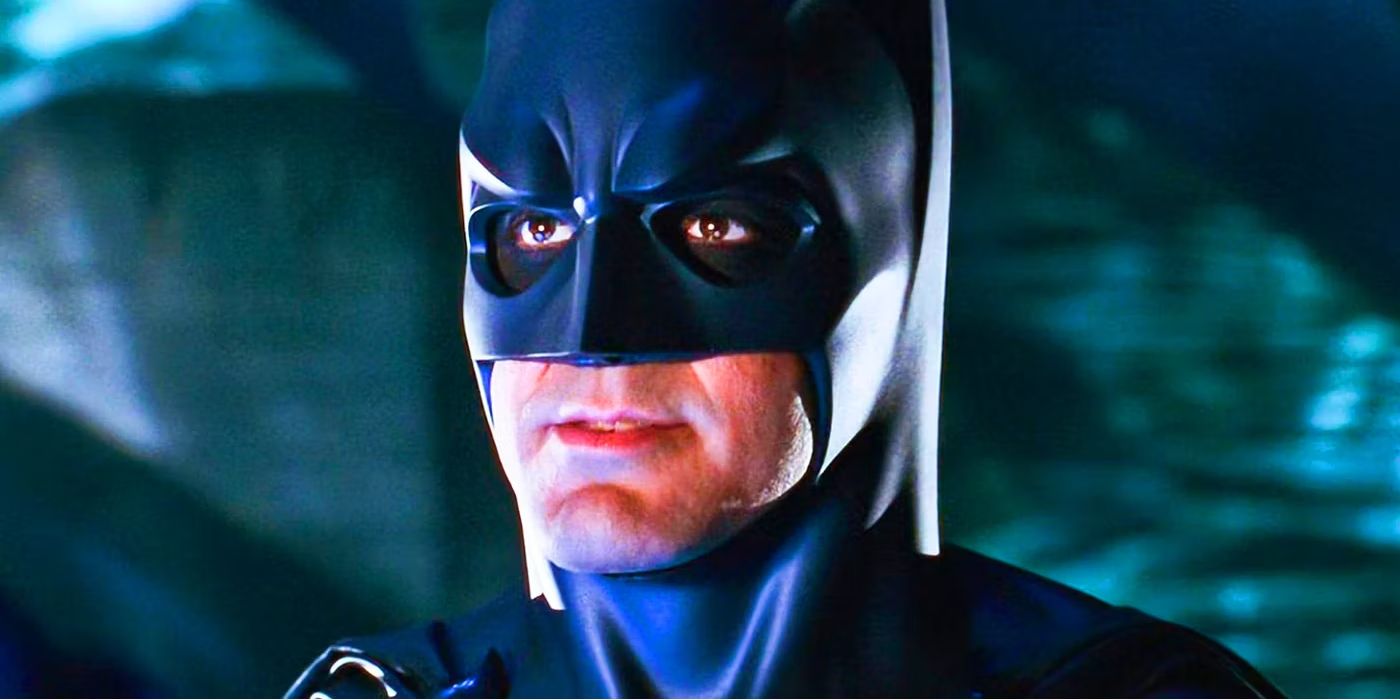Should the Met Abandon Its Carnival Facial Recognition Plan?

Civil Liberty Concerns Over Live Facial Recognition at Notting Hill Carnival
The use of live facial recognition (LFR) technology by the Metropolitan Police during the Notting Hill Carnival has stirred significant controversy among civil liberty and anti-racism groups. In a formal letter addressed to Met Commissioner Sir Mark Rowley, eleven organizations have vehemently opposed the deployment of LFR, characterizing it as a "mass surveillance tool." They argue that this technology undermines the spirit of one of London's most vibrant cultural celebrations, treating every attendee as a potential suspect. The call to abandon these plans reflects deeper concerns regarding civil liberties in the context of policing and surveillance.
The letter from these groups, which include prominent organizations such as Liberty, Big Brother Watch, and the Runnymede Trust, expresses profound disappointment over the decision to reintroduce LFR at the Carnival. Their arguments focus on the potential inaccuracies of the technology, particularly its documented biases against women and people of color. The Metropolitan Police, however, maintains that LFR is an effective tool for maintaining safety, asserting its accuracy across various demographics.
The Arguments Against Live Facial Recognition Technology
Opponents of LFR have raised several key points regarding its implementation at the Carnival. Firstly, they highlight the lack of a clear legal framework governing the use of facial recognition technology by law enforcement. The letter points out that no specific legislation mentions LFR, and Parliament has never scrutinized its application, raising concerns about accountability and oversight.
Moreover, the Carnival is an event that celebrates the British African Caribbean community. Activists argue that deploying a technology with a history of inaccuracies and racial bias at such a culturally significant event is not just inappropriate but also damaging. The groups also reference a 2023 study by the National Physical Laboratory, which indicates that the NeoFace system utilized by the Metropolitan Police may perform less accurately for women and individuals from diverse ethnic backgrounds, depending on the algorithm settings.
Understanding the Technical Aspects of LFR
The technology behind live facial recognition relies on algorithms that analyze facial features and match them against a database of known individuals. However, the accuracy of these systems can vary significantly based on several factors, including lighting conditions, angles, and the demographic characteristics of the individuals being analyzed.
- Confidence Thresholds: LFR systems operate using confidence thresholds that determine how certain the system must be before flagging a potential match. Lower thresholds may lead to more false positives, while higher thresholds reduce the likelihood of misidentification but might miss some genuine matches.
- Bias Concerns: Studies have shown that facial recognition systems can exhibit bias, particularly against women and people of color, depending on how the algorithms are configured. This has raised ethical questions about their use in public spaces.
- Legal Considerations: The absence of specific legal guidelines pertaining to LFR raises questions about privacy rights and the extent to which law enforcement agencies can utilize surveillance technology.
Metropolitan Police's Position
In response to the criticism, Deputy Assistant Commissioner Matt Ward, who is overseeing the policing operation at this year’s Carnival, defended the use of LFR. He emphasized that the technology has contributed to over 1,000 arrests since the beginning of 2024, asserting that independent testing has validated its accuracy and balance with regard to ethnicity and gender at the thresholds used by the Met.
Ward further explained that LFR cameras would be strategically placed on the approaches to the Carnival rather than within the event itself. This approach aims to identify and intercept individuals who may pose a threat before they enter the crowded venue. He underscored the police's commitment to public safety, particularly in light of previous incidents of violence at the Carnival.
Public Safety vs. Civil Liberties
The debate over LFR at the Notting Hill Carnival encapsulates a broader national conversation about public safety versus civil liberties. Proponents of LFR argue that such technology is essential for maintaining order and preventing violent incidents, particularly in large gatherings. Conversely, critics contend that the risks to individual privacy and the potential for systemic bias far outweigh the benefits of enhanced surveillance.
As the Carnival approaches, a significant number of law enforcement officers—approximately 7,000—are expected to be deployed each day. The Metropolitan Police's focus on utilizing technology to enhance their operational efficiency reflects the challenges associated with managing large crowds. However, the concerns raised by civil liberty organizations illustrate the importance of ensuring that technological advancements do not come at the expense of fundamental rights.
Conclusion: Balancing Technology and Humanity
The ongoing discussion about the use of live facial recognition at the Notting Hill Carnival serves as a microcosm of the larger issues facing society in an age of rapid technological advancement. As communities continue to grapple with the implications of surveillance technologies, it is crucial to find a balance between ensuring public safety and protecting civil liberties. Are we prepared to accept the trade-offs that come with advanced surveillance, or do we risk eroding the very freedoms we strive to protect?
Frequently Asked Questions
What is live facial recognition technology?
Live facial recognition (LFR) technology uses algorithms to analyze and identify individuals by comparing their facial features to a database of known faces. This technology can be used in various contexts, including law enforcement and security.
What are the concerns associated with LFR?
Concerns about LFR include potential biases in accuracy, particularly regarding women and people of color, privacy issues, and the lack of clear legal regulations governing its use. Critics argue that it represents a form of mass surveillance that can infringe upon civil liberties.
How does the Metropolitan Police justify the use of LFR?
The Metropolitan Police argues that LFR is a valuable tool for enhancing public safety, citing its effectiveness in preventing crime and making arrests. They maintain that independent testing has shown the technology to be accurate and balanced across different demographics.
What impact could LFR have on community events like the Notting Hill Carnival?
Implementing LFR at community events raises questions about trust between law enforcement and the public. While the technology aims to enhance safety, it may also lead to feelings of surveillance and mistrust among attendees, particularly within marginalized communities.
As we move forward, how can we ensure that the use of technology in policing respects civil liberties while also promoting public safety? #NottingHillCarnival #FaceRecognition #CivilLiberties
```Published: 2025-08-17 17:28:11 | Category: technology



